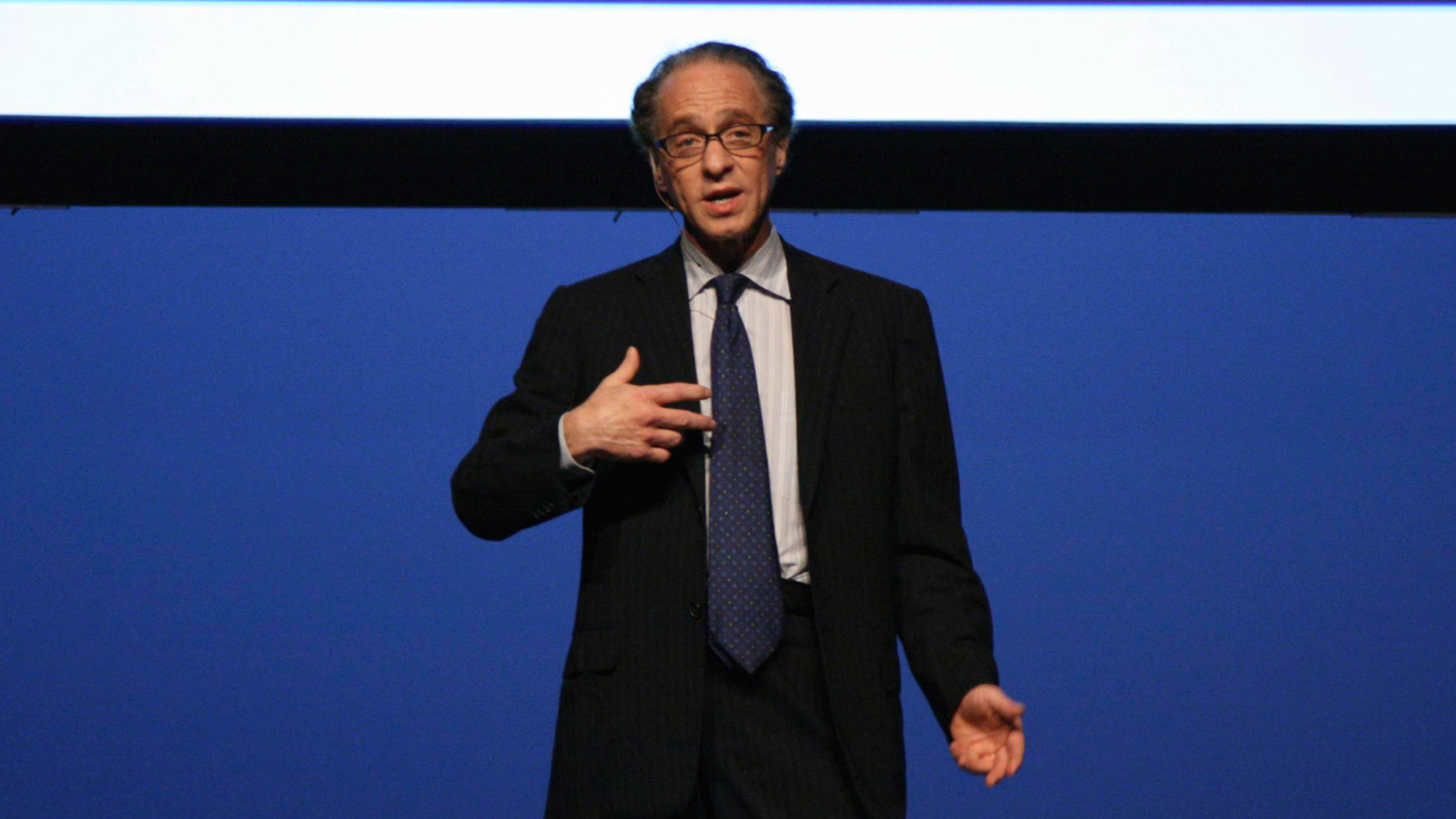AI won't put you out of work – your future job doesn't exist yet
Don’t panic

The rise of the machines is something that has been the center of many a sci-fi dystopian epic, but do we really have to fear the proliferation of artificial intelligence now that it’s a reality?
According to renowned futurist and director of engineering at Google Ray Kurzweil, the answer is no. The rise of automation will almost undoubtedly make many human jobs redundant but that’s no bad thing. And not the first time it’s happened either.
“We have already eliminated all jobs several times in human history,” Kurzweil told Fortune, “How many jobs circa 1900 exist today? If I were a prescient futurist in 1900, I would say, 'Okay, 38% of you work on farms; 25% of you work in factories. That’s two-thirds of the population.
“I predict that by the year 2015, that will be 2% on farms and 9% in factories.'” And everybody would go, “Oh, my God, we’re going to be out of work.” I would say, 'Well, don’t worry, for every job we eliminate, we’re going to create more jobs at the top of the skill ladder.' And people would say, “What new jobs?” And I’d say, “Well, I don’t know. We haven’t invented them yet.”
"Industries and concepts that don’t exist yet"
“That continues to be the case," Kurzweil continues, "and it creates a difficult political issue because you can look at people driving cars and trucks, and you can be pretty confident those jobs will go away. And you can’t describe the new jobs, because they’re in industries and concepts that don’t exist yet.“
What’s slightly unsettling is that the career landscape is changing at the same pace as technological innovation. The go-to example of a ‘new job’ that highlights this is social media consultant.
If you tried to explain the role of a social media consultant to someone 25 years ago, you would have to explain not only the job, but also what social media is, how that works on smartphones, what smartphones are, and on, and on. And that’s only 25 years ago.
Sign up for breaking news, reviews, opinion, top tech deals, and more.
If Moore’s Law holds, and technological innovation doubles its progress every two years, the equivalent of a social media consultant role that we’re incapable of understanding will exist in 10 years, or potentially less.
When we went to the TechXLR8 conference earlier in the year, a panel discussion on the future of employment focussed on the idea that the skills needed going forwards are 'softer' more feminine skills like "problem solving, creativity, the ability to negotiate, teamwork".
The landscape ahead is unclear, and while some tech industry leaders like Elon Musk are warning of the dangers of AI, it's promising to hear others like Kurzweil come out to quell the fears of change.
- Want to know more about the rise of AI? Check out: What happens when our assistants are smarter than us?
Image credit: Flickr/Ed Schipul

Andrew London is a writer at Velocity Partners. Prior to Velocity Partners, he was a staff writer at Future plc.